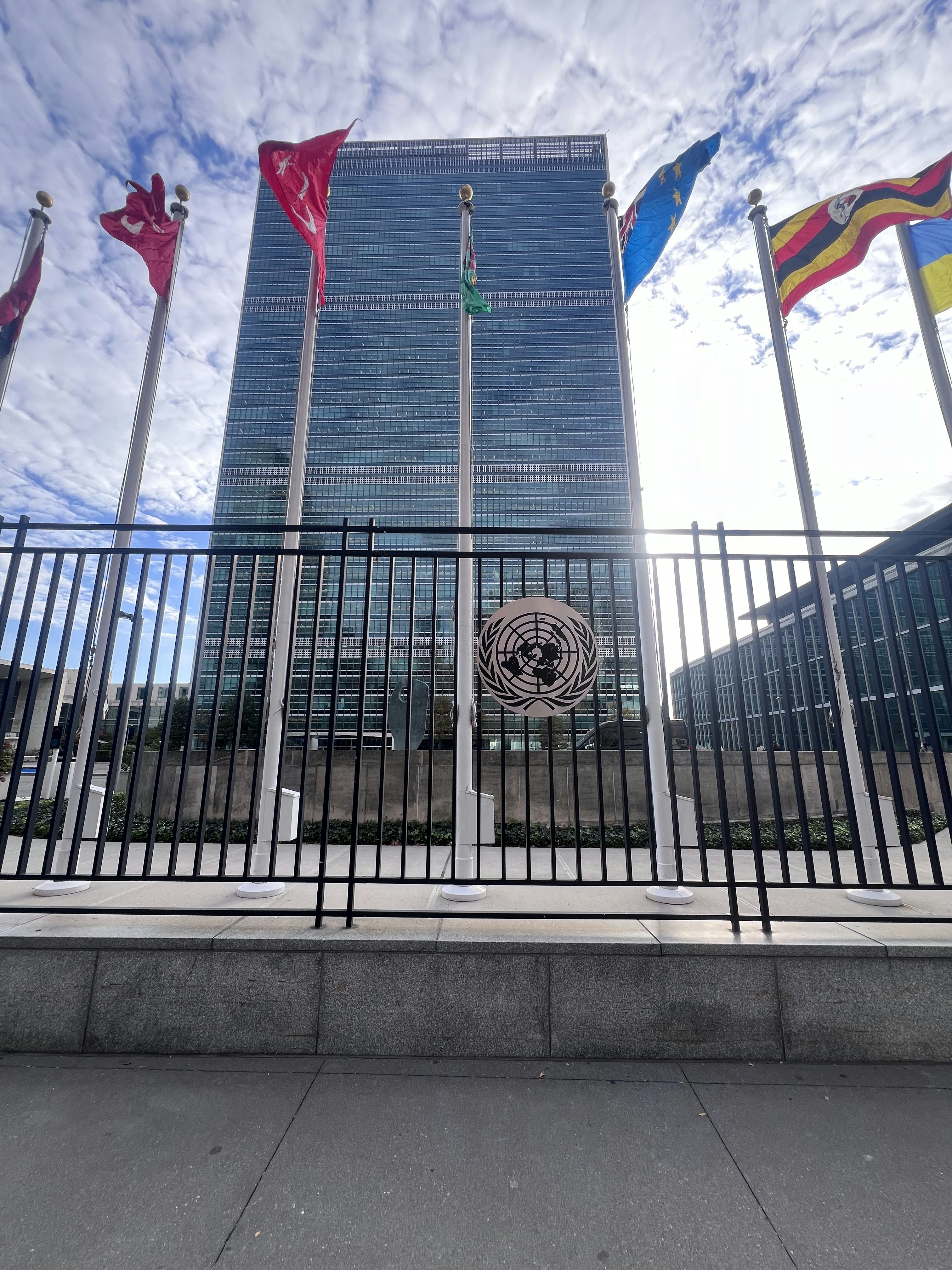We challenge the heavy reliance on private finance and investment attraction policies to achieve the SDGs. By influencing global economic governance at the UN, we aim to remove barriers to public resource mobilization and foster a shift towards sustainable, diversified economies.
The Challenge
The central role that private finance has taken in the FfD process is disconcerting. Donor countries have been promoting an agenda that heavily rests on using public money, including Official Development Assistance (ODA), and public institutions such as Multilateral Development Banks (MDBs), to leverage private finance. Various instruments have been used to implement this agenda, including blended finance, public-private partnerships (PPPs) and risk guarantees. But instead of offering a long-lasting solution, catalyzing private investment at scale may in fact be undermining public policy objectives aimed at sustainable development in the global South, further eroding the role and capacity of the state to provide public infrastructure and services vital to ensuring human rights, development, and climate resilience, and leaving countries more vulnerable to debt crises.
This agenda implies a redefinition of the role of the state, which is a key consideration to stress in the context of a UN discussion on financing for development. In many cases, the state becomes defined by its capacity to provide business friendly regulations and facilitate private profits by carrying the risks that private investors are not ready to take, instead of by its capacity to guarantee the fulfillment of human rights. Moreover, this has implications for democratic accountability, as private actors are mainly accountable to their shareholders and not to citizens.
The tried and failed policy prescriptions promoted by International Financial Institutions (IFIs) over the past decades and increasingly permeating many FfD discussions have evidently not led us any closer to delivering on the goals of the 2030 Agenda, and much less to being prepared to weather the impacts of the extractive economic system, the Covid-19 pandemic and the climate emergency. Yet, lessons learned on the destructive consequences of privatization and austerity, and on the risks of relying on private finance and deregulated markets to deliver public goods are yet to be acknowledged and implemented in a transformative way. Both climate and health risks have been increasingly dealt with by similar market-led responses pushed by private sector lobbying, donor countries and IFIs ‘private-finance first’ approach. But economic models shaped by a focus on attracting private investors, the pursuit of economic growth at all costs and ‘fiscal responsibility’ are now proving deadly in times of crises and are unfit for purpose in the face of inevitable future challenges.

